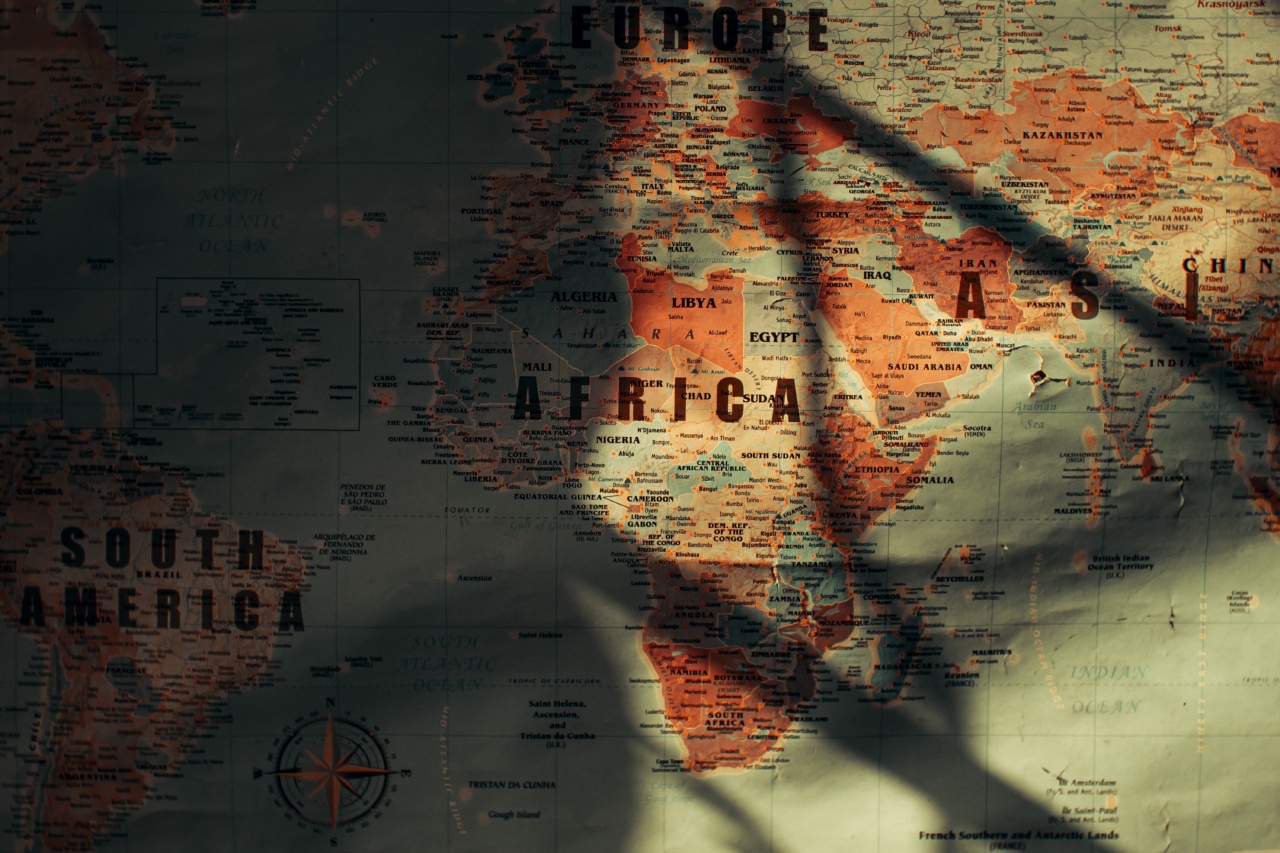The world is constantly evolving and changing. With advancements in technology, globalization, and shifting societal values, we find ourselves in a state of flux. One area where this is particularly evident is in the field of Psaltopoulou.
Psaltopoulou, a Greek surname that translates to “voice of the people”, encompasses various aspects, from politics to culture, that are moving in different directions. In this article, we will explore the factors that contribute to this phenomenon and its implications for the future.
The Political Landscape
In recent years, the political landscape has been increasingly polarized. Divisions between left-wing and right-wing ideologies, as well as populism and nationalism, have deepened, leading to a world that is moving in contradictory directions.
The rise of populist leaders in some countries and the resurgence of nationalism in others reflect the fractious nature of politics today.
The Technological Revolution
Technological advancements have had a profound impact on our lives. From smartphones to social media, these innovations have connected people across the globe, breaking down barriers and creating a global village.
However, this increased connectivity has also led to a surge in misinformation, privacy concerns, and a loss of genuine human interaction. As we move forward, it is essential to find a balance between the benefits and drawbacks of technology.
Environmental Consciousness
As the effects of climate change become more evident, the world is starting to prioritize environmental consciousness. The push for sustainability, renewable energy, and conservation is gaining momentum.
However, not all countries are moving at the same pace. While some nations are making significant strides towards a greener future, others are lagging behind due to various economic, political, and cultural factors.
Economic Disparities
The global economy is riddled with disparities. The gap between the rich and the poor continues to widen, with wealth and resources concentrated in the hands of a few.
This economic inequality has far-reaching consequences, affecting access to healthcare, education, and basic necessities. The world is moving in different directions in terms of addressing these disparities, with some nations implementing progressive policies while others struggle to find effective solutions.
Social and Cultural Shifts
Social and cultural norms are constantly evolving, shaping the way we perceive and interact with the world. Gender equality, LGBTQ+ rights, and racial inclusivity are just a few areas where progress has been made.
However, deep-rooted biases and discriminatory practices still persist in many parts of the world. While some societies embrace diversity and equality, others cling to traditional values, leading to a divergence in social and cultural trajectories.
Education and Innovation
The future belongs to those who prioritize education and innovation. Countries that invest in their education systems and foster a culture of innovation are more likely to succeed in the global arena.
However, access to quality education and opportunities for innovation vary greatly across nations. The world is moving in different directions, with some societies prioritizing intellectual growth and technological advancements, while others struggle to keep pace.
Healthcare Challenges
Access to healthcare is a fundamental human right, yet it remains elusive for many. The world is moving in different directions when it comes to healthcare provision.
Some countries boast advanced healthcare systems that offer universal coverage and quality care, while others struggle to meet the basic healthcare needs of their populations. Bridging this gap requires global collaboration and a reevaluation of healthcare priorities.
Migration and Globalization
Migration and globalization have reshaped the demographics of many nations. The movement of people across borders, whether voluntary or forced, has cultural, economic, and political implications.
While some countries embrace diversity and promote inclusivity, others succumb to xenophobia and protectionism. The world is moving in different directions when it comes to addressing the opportunities and challenges posed by migration and globalization.
The Role of Leadership
Leadership plays a crucial role in shaping the direction of the world. Effective leadership can inspire positive change, foster unity, and address complex global challenges.
However, ineffective leadership can breed division, exacerbate inequalities, and hinder progress. The world is moving in different directions depending on the caliber of leadership in each country and the ability of leaders to navigate complex issues with wisdom and compassion.
Conclusion
The world is an intricate tapestry of diverse ideas, beliefs, and aspirations, and as it moves forward, it does so at different paces and in various directions.
Psaltopoulou, the voice of the people, encompasses the multifaceted nature of our global society. While differences may sometimes lead to conflicts and discord, they also present opportunities for growth, learning, and collaboration.
By recognizing and understanding the factors that contribute to the world’s diverse trajectories, we can work towards a more harmonious and inclusive future.































